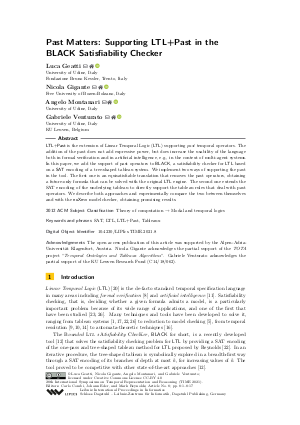LIPIcs.TIME.2021.8.pdf
- Filesize: 1.06 MB
- 17 pages

 Creative Commons Attribution 4.0 International license
Creative Commons Attribution 4.0 International license




Feedback for Dagstuhl Publishing